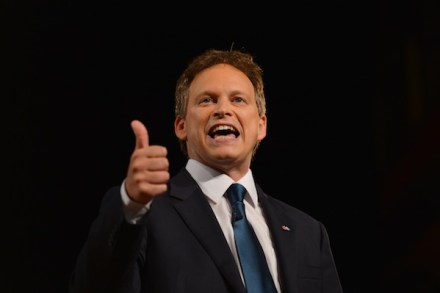Argentina’s G-20 membership should be revoked
When Argentina appears in British public discourse, it is normally in relation to one of the two ‘f’s – football or the Falklands. The behaviour of President Cristina Kirchner’s regime towards the islanders is nothing short of disgraceful, and it is very encouraging to see the British government supporting the islanders in the strongest terms. The Falklands, for obvious reasons, are top of our agenda when it comes to discussion of Argentina, but this issue should not blind us from other major problems affecting this country as a result of Cristina Kirchner’s belligerence. Kirchner makes no secret of her refusal to play by the same rules as everyone else. Argentina





















